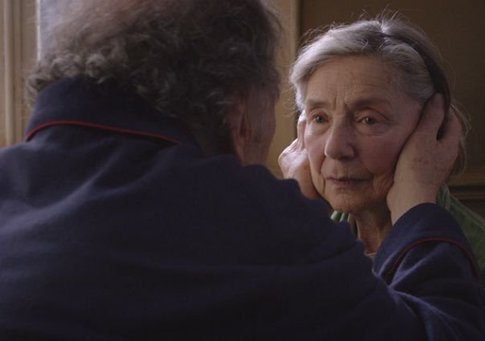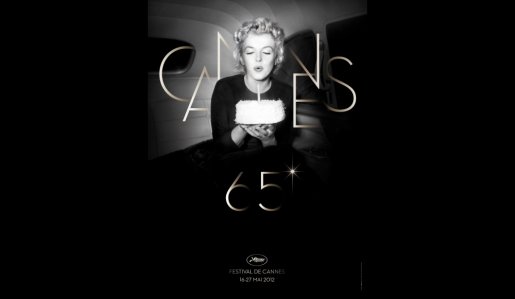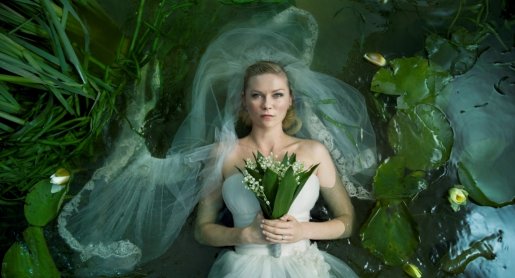Séamas McSwiney is our guest film correspondent with decades of experience in film journalism, and work published in some top international publications. Here he previews this year's Cannes film festival.
"Moonrise Kingdom is this year's Cannes opener. It also opens in UK cinemas on May 25th, giving a welcome opportunity to keep up with the latest buzz from planet cinema, a world that systematically migrates to the French Riviera once a year in May. As usual it will have a Cannes competition programme that goes beyond the standard all-American multiplex fare and will again provide a wide range of celluloid offerings from the planet's finest filmmakers.
American Offerings
This said, Cannes 2012 also offers a particularly fine crop of quality contemporary American movies. For starters there is the afore mentioned opener, Moonrise Kingdom by Wes Anderson. On the surface it tells an all-American simple story of a little boy who loves a little girl in 60s USA, all trammelled with scout camping trips and indulgent parents, too dim to understand the essence they lost by growing up. But add the oddball, the quirky and surreal, the habitual tones of Wes Anderson's cine-palette, and you have quite a different and hilariously memorable experience.











